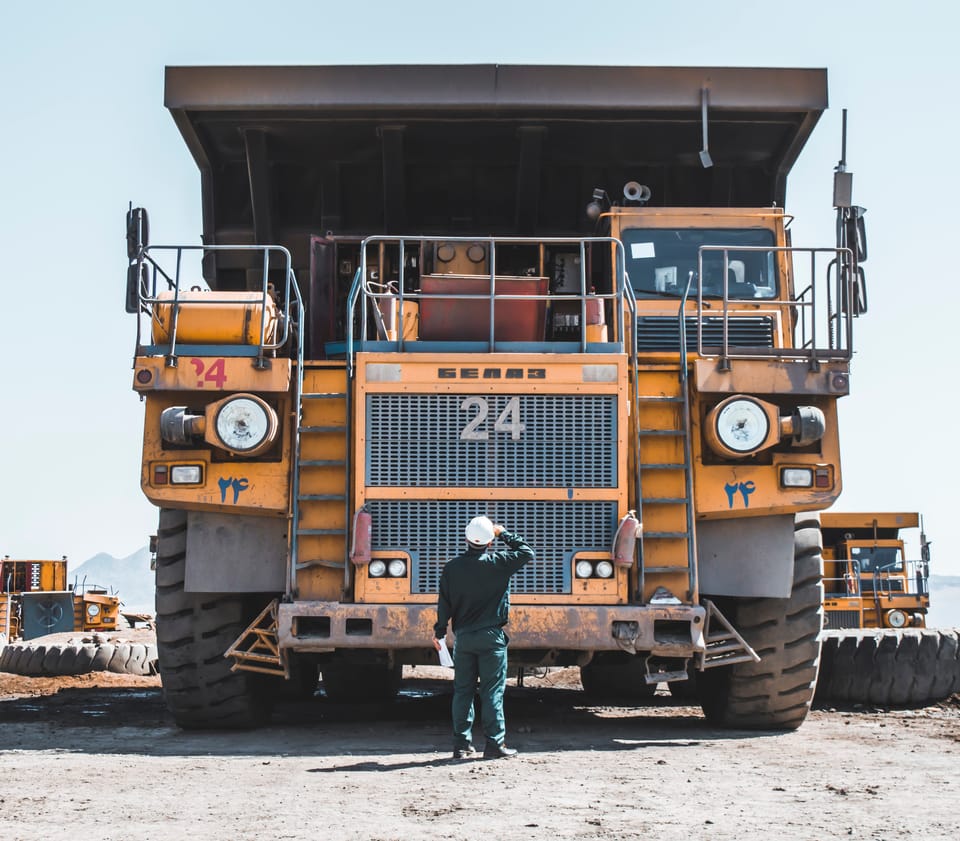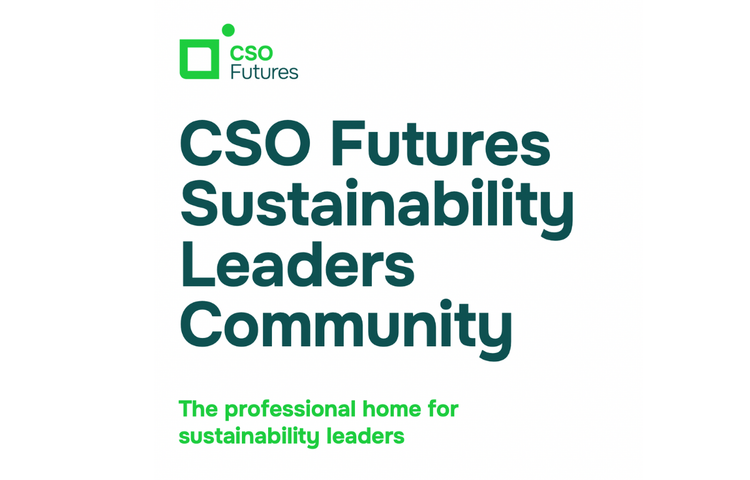Investors managing US$11tn commit to lifting social and environmental standards in mining

Global investors with US$11 trillion in assets under management have pledged to support the development of a socially and environmentally responsible mining sector by 2030.
Mining products such as lithium, cobalt and nickel are used in low-carbon technologies including wind turbines and EV batteries, so these resources are critical for the world’s net zero transition. The International Energy Agency estimates that the market for these energy transition minerals reached US$320 billion in 2022.
As these ‘green economy’ mining activities intensify, investors are keen to ensure companies abide by the highest social and environmental standards – and strongly believe those that do will rake in premium profits.
The Global Investor Commission on Mining 2030 is an investor-led coalition backed by the United Nations Environment Programme (UNEP) and the Principles for Responsible Investment (PRI) that aims to develop “a vision for the future of mining that will specifically consider how investors value, invest and steward the sector to meet future demand in a socially and environmentally responsible manner”.
This week, it announced initial support from 82 investors with over US$11 trillion in assets under management. They include Dutch fund APG-AM, Canada’s CDPQ, US fund CalSTRS, UK funds Scottish Widows and USS, as well as managers LGIM, Abrdn, AVIVA, Ninety One and the Australian Council for Superannuation Investors (ACSI).
Mining 2030 Commission members include victims of mining accidents
Members of the Mining 2030 Commission include representatives from communities (including Brazil’s Brumadinho, where the failure of a tailings dam operated by Vale killed 270 people in 2019), intergovernmental organisations, civil society, academia, law, unions, the mining industry, banking, insurance and investors amongst others.
“As we embrace the energy transition, it is imperative that we do so with a keen awareness that further social or environmental harm is unacceptable; and that communities need to be considered not solely as beneficiaries but as active partners both in terms of disaster prevention and benefit sharing,” said Angélica Amanda Andrade, a social responsibility researcher and commissioner from Brumadinho.
Mining firm Newmont’s Senior Vice President of External Relations Nick Cotts and London Metal Exchange Chief Sustainability Officer Georgina Hallett also form part of the 24-member commission, along with representatives from the European Bank for Reconstruction and Development (EBRD), ING Bank, the Indigenous People’s Advisory Forum (IPAF) and IndustriALL Global Union.
Commissioners are set to meet once a month to discuss and drive consistent best-practice standards for the sector.
Additionally, the Mining 2030 Commission recently issued an invitation for mining stakeholders to contribute to a research project aiming to identify trends, opportunities and bottlenecks for growth on an industry wide level, and on a mineral-by-mineral basis. Companies can submit their contributions until December 20.







Member discussion